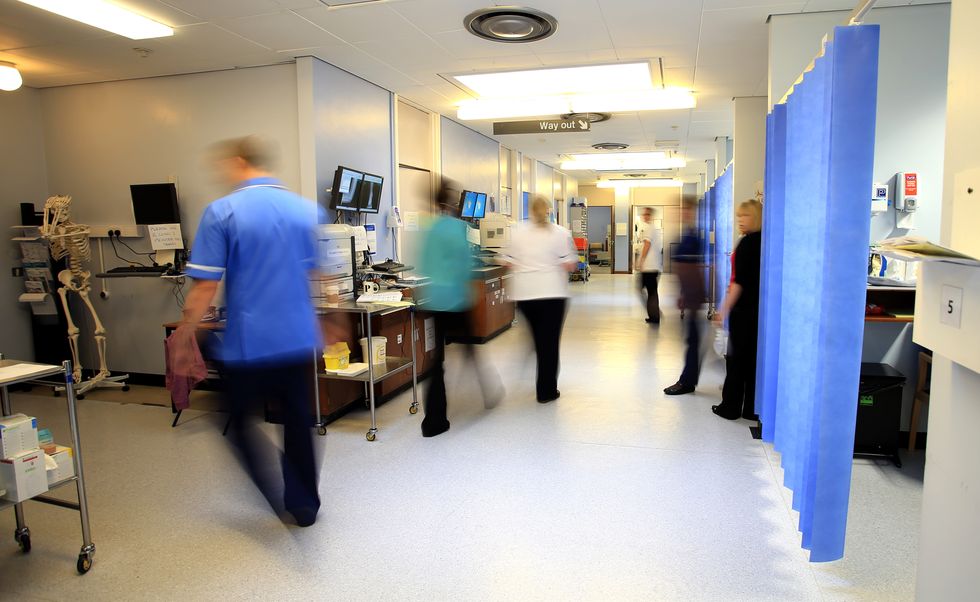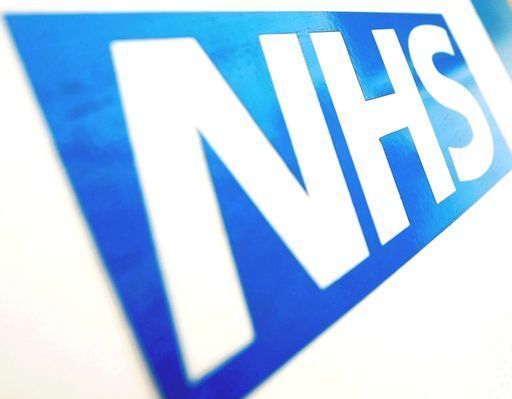Patients waiting to start routine hospital treatment rises to new record high
A total of seven million people were waiting to start treatment at the end of August, NHS England said
Don't Miss
Most Read
Latest
The number of people in England waiting to start routine hospital treatment has risen to a new record high.
A total of seven million people were waiting to start treatment at the end of August, NHS England said.
That is up from 6.8 million in July and is the highest number since records began in August 2007.
While a total of 387,257 people in England had been waiting more than 52 weeks to start hospital treatment at the end of August, NHS England said.
The number of people in England waiting to start routine hospital treatment has risen to a new record high
Peter Byrne
This is up from 377,689 at the end of July, and is the equivalent of one in 18 people on the entire waiting list.
The Government and NHS England have set the ambition of eliminating all waits of more than a year by March 2025.
While some 2,646 people in England had been waiting more than two years to start routine hospital treatment at the end of August, down slightly from 2,885 at the end of July and a peak of 23,778 in January 2022.
A total of seven million people were waiting to start treatment at the end of August, NHS England said
Dominic Lipinski
They have also set the ambition to eliminate all waits of more than two years, except when it is the patient’s choice or for complex cases requiring specialist treatment, by July this year.
The average response time in September for ambulances in England dealing with the most urgent incidents, defined as calls from people with life-threatening illnesses or injuries, was nine minutes and 19 seconds.
That is up from nine minutes and eight seconds in August, though below the record longest average response time for this category of nine minutes and 35 seconds, which was reached in July.
The target standard response time for urgent incidents is seven minutes.
The number of people waiting more than 12 hours in A&E departments in England from a decision to admit to actually being admitted has risen to a new record high.
Data shows that 32,776 people waited more than 12 hours in September, up from 28,756 in August and the highest number in records going back to August 2010.
The number waiting at least four hours from the decision to admit to admission stood at 131,861 in September, up from 130,528 the previous month but below the peak of 136,298 reported in March.
A total of 71 percent of patients in England were seen within four hours at A&Es last month, the joint-worst performance on record.
The operational standard is that at least 95 percent of patients attending A&E should be admitted, transferred or discharged within four hours, but this has not been met nationally since 2015.
Ambulances in England took an average of 47 minutes and 59 seconds in September to respond to emergency calls such as burns, epilepsy and strokes.
This is up from 42 minutes and 44 seconds in August and well above the target of 18 minutes.
Response times for urgent calls, such as late stages of labour, non-severe burns and diabetes, averaged two hours, 42 minutes and 28 seconds.
This is up from two hours, 16 minutes and 23 seconds in August.













